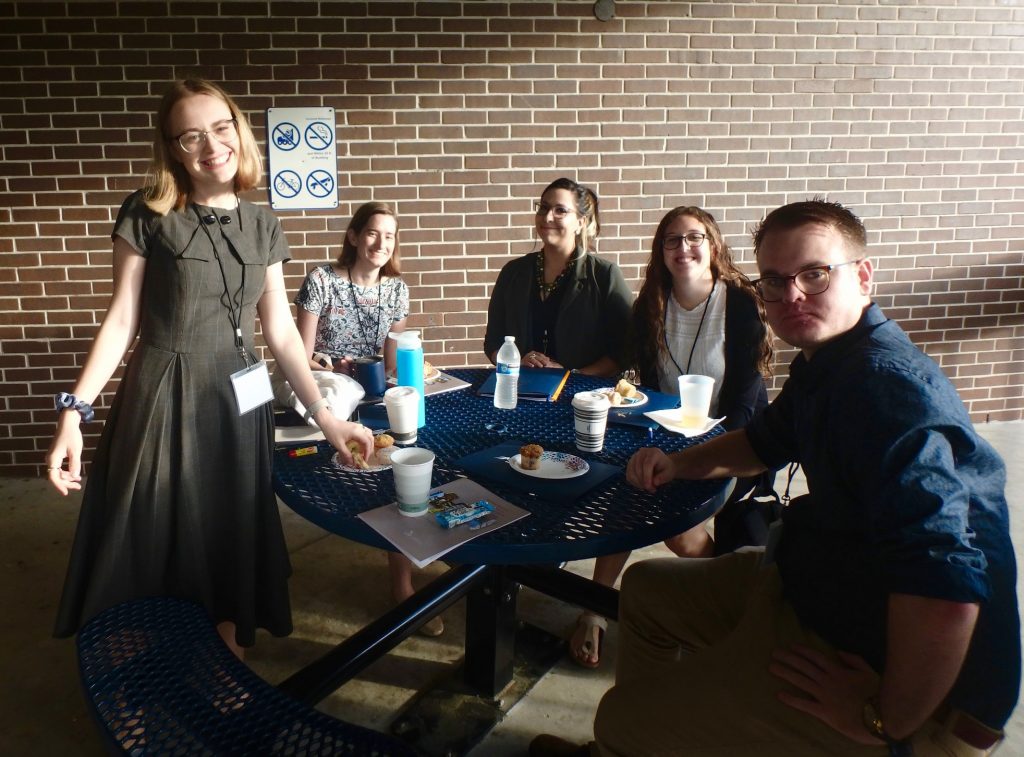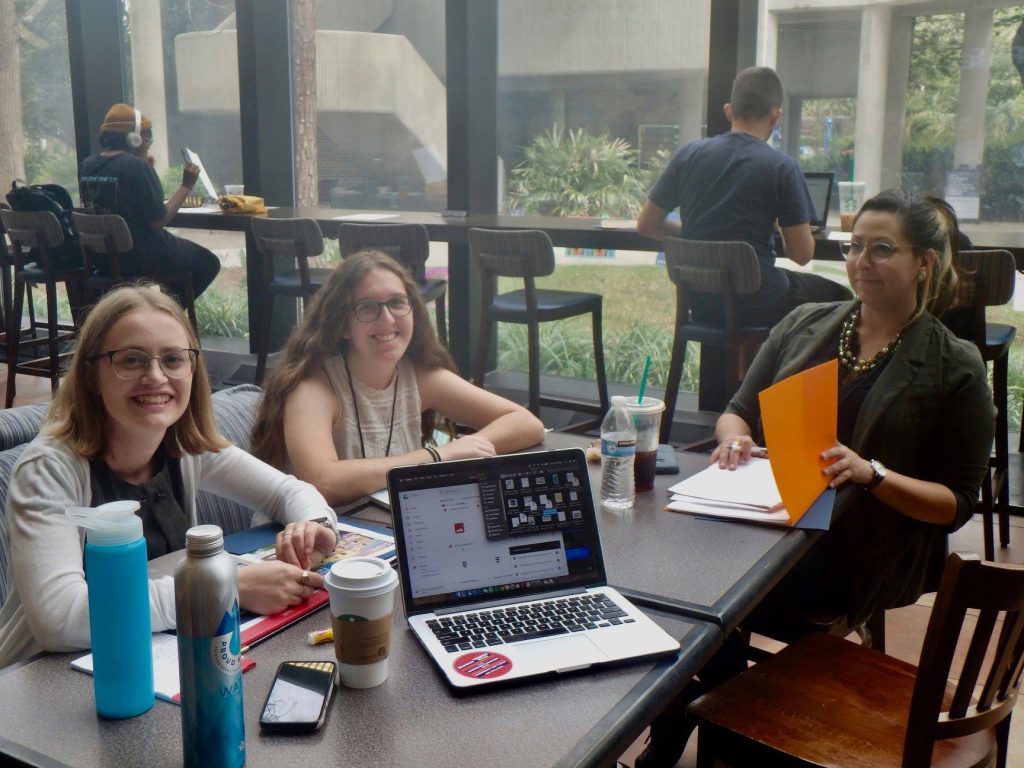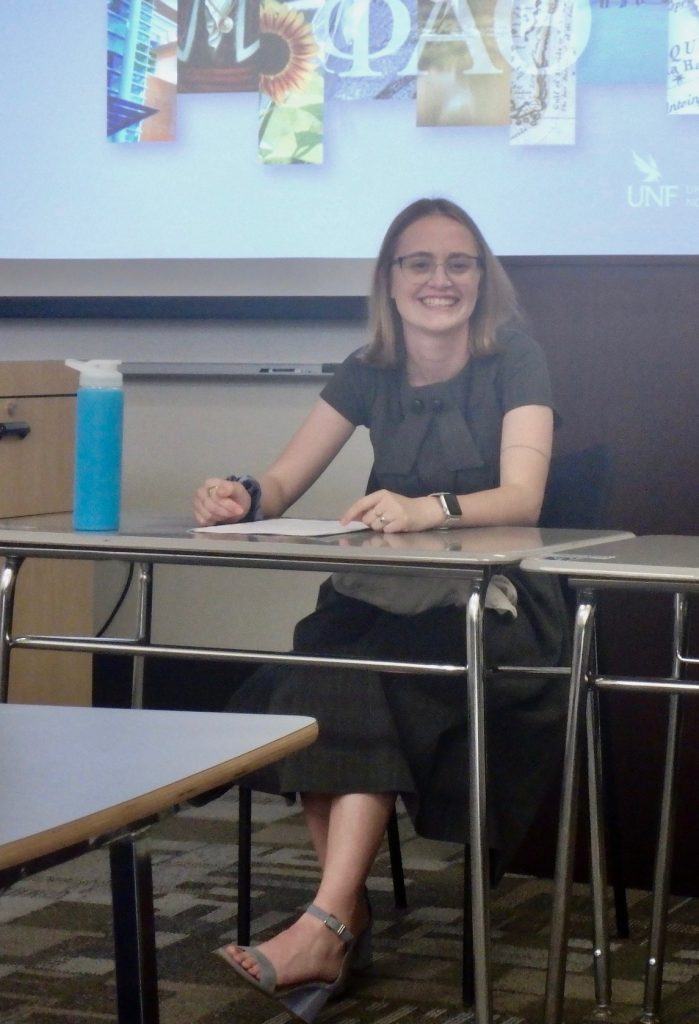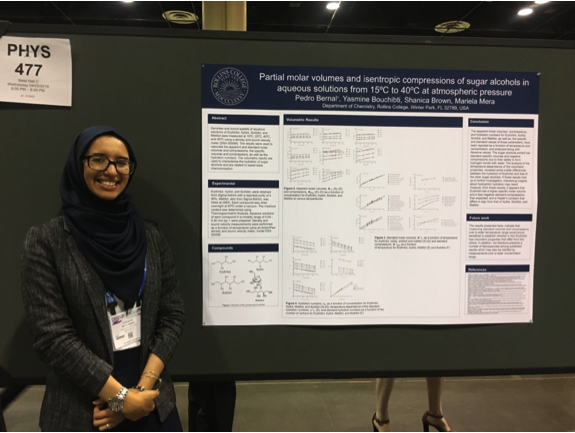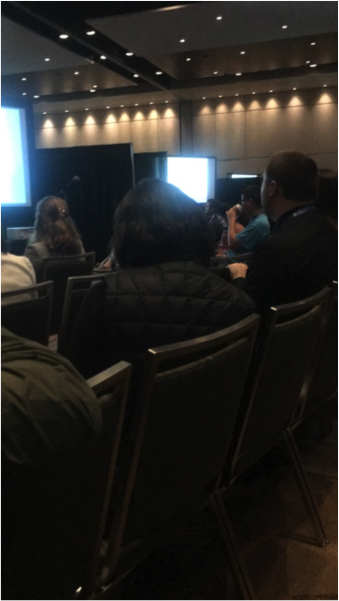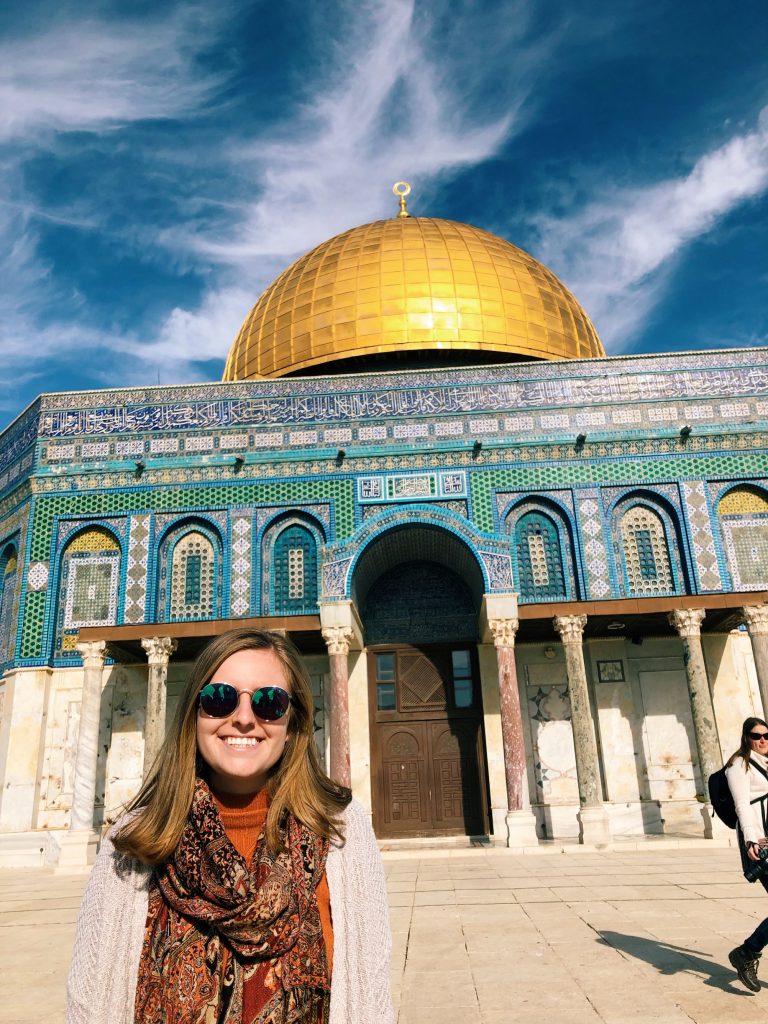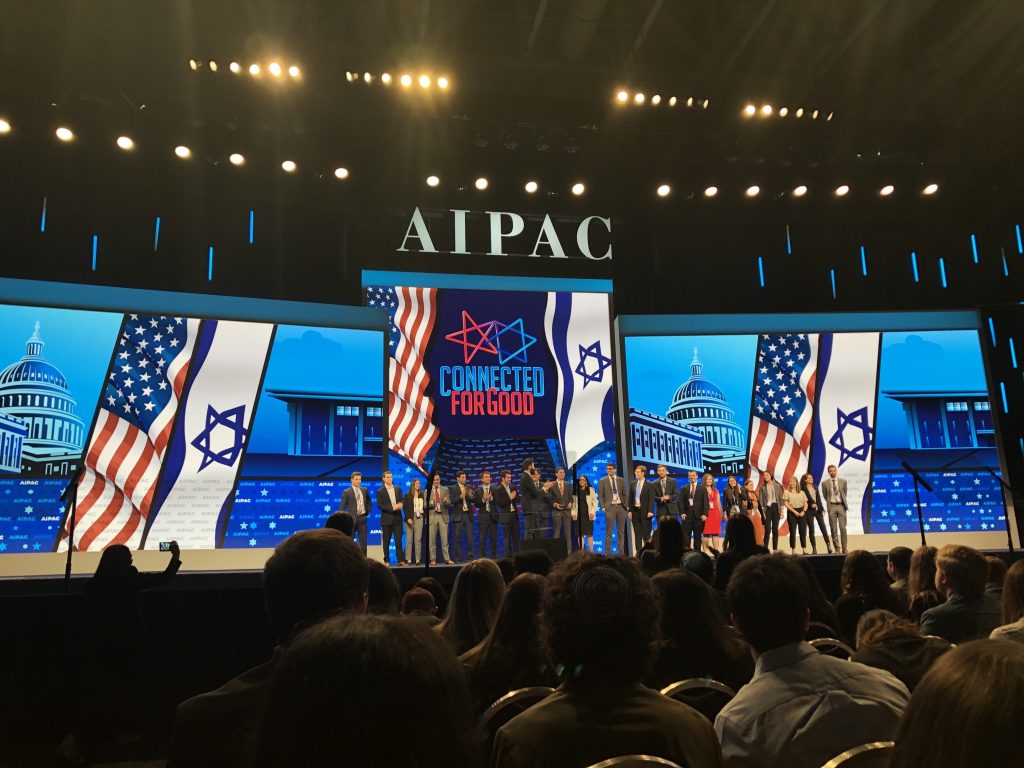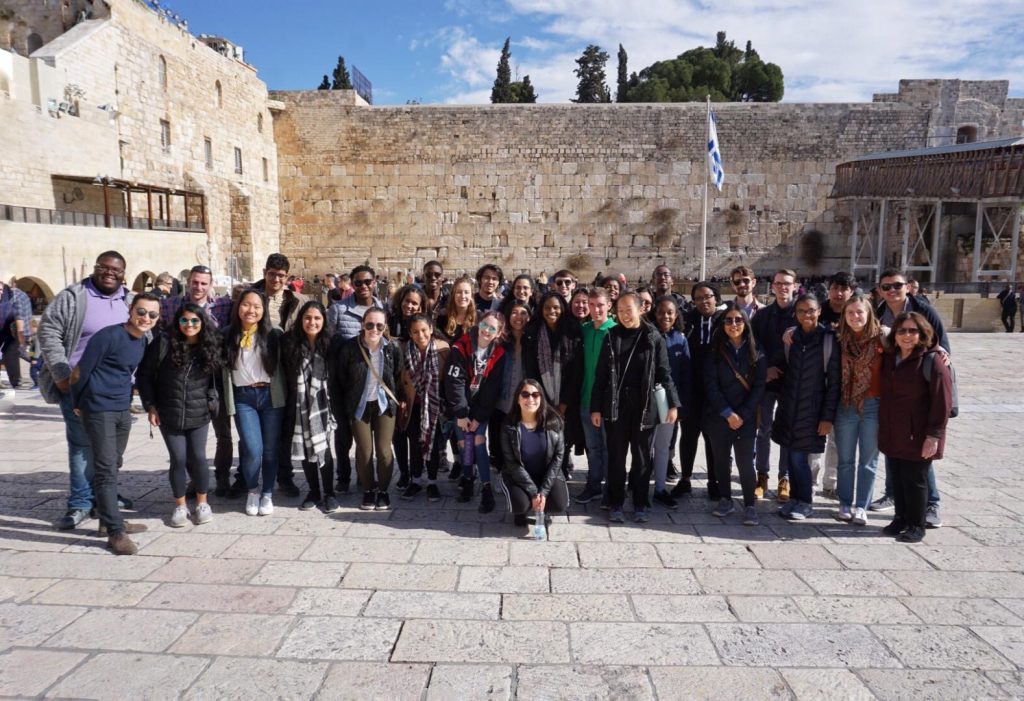Blog 2: “Quality v. Quantity”
One thought that I would like to elaborate on is quality versus quantity. At the Monteverde Cloud Forest reserve, our tour guide spoke of the production of coffee in Costa Rica. He noted that it had been a law in Costa Rica that farmers can only produce and sell high quality Arabic coffee over lower quality Robusta Coffee. Government officials realized that Costa Rica, being a small country, could not produce the mass amount of coffee as a larger country like Brazil or others in the continent of Africa. Therefore, in order to compete in the market of coffee, Ticos knew that they must produce only the best quality coffee. Therefore, the farmers only use red and appropriately sized coffee beans, as well as take detailed measures to roast the beans just right.

The farmers create even more value in their coffee by offering shade-grown and mountain-grown products. Among other things, Costa Rican farmers go to extreme lengths to ensure that their coffee is of the utmost quality, ensuring the best smell, texture, and taste. In this way, they can capture market segments of the coffee industry, in a way that mass producers like Brazil cannot. The idea of competing on quality over quantity is something that is seemingly woven into the fabric of the Costa Rican economy. Don Alex, a dairy farmer and horse trainer, mimicked these words by noting that he uses only the best dairy products that he can ensure are delicious. Or in the case of the Boruca, the local indigneous tribe created an economic engine by crafting only the highest quality pieces of art, that other vendors struggle to mimic in terms of quality.
Furthermore, all the many small-scale and local hospitality businesses are competing to offer tourists quality and exceptional service to compete with the larger chains that have entered Costa Rica, like the JW Marriot, which have more resources. Finally, as Costa Rica continues to develop as a country in terms of technology and education, there are less farmers and producers, but instead more ticos in services such as tourism and hospitality. Therefore, in a growing service-based economy it is crucial that quality is of utmost concern, a concept that hits close to home here in the United States.


